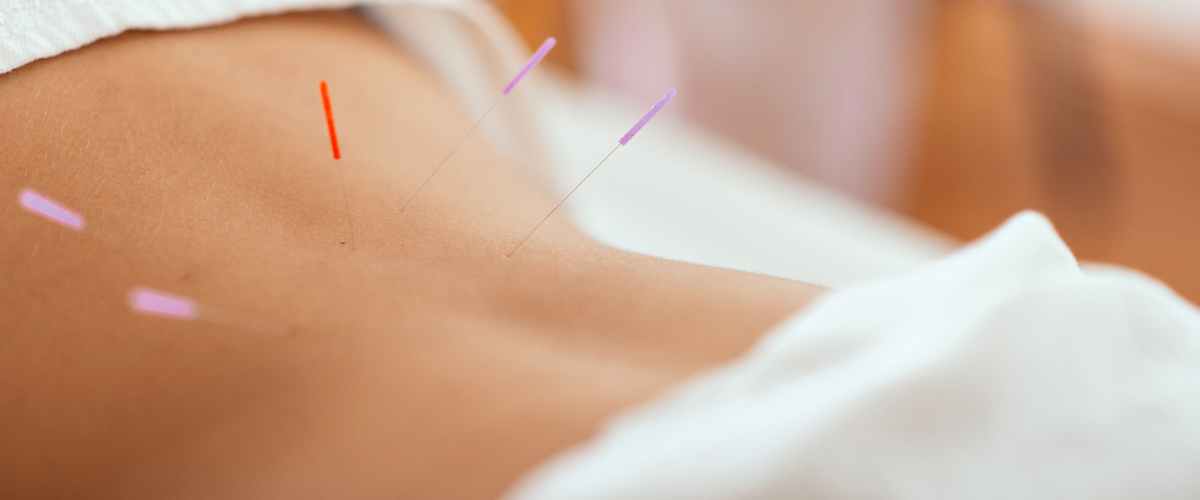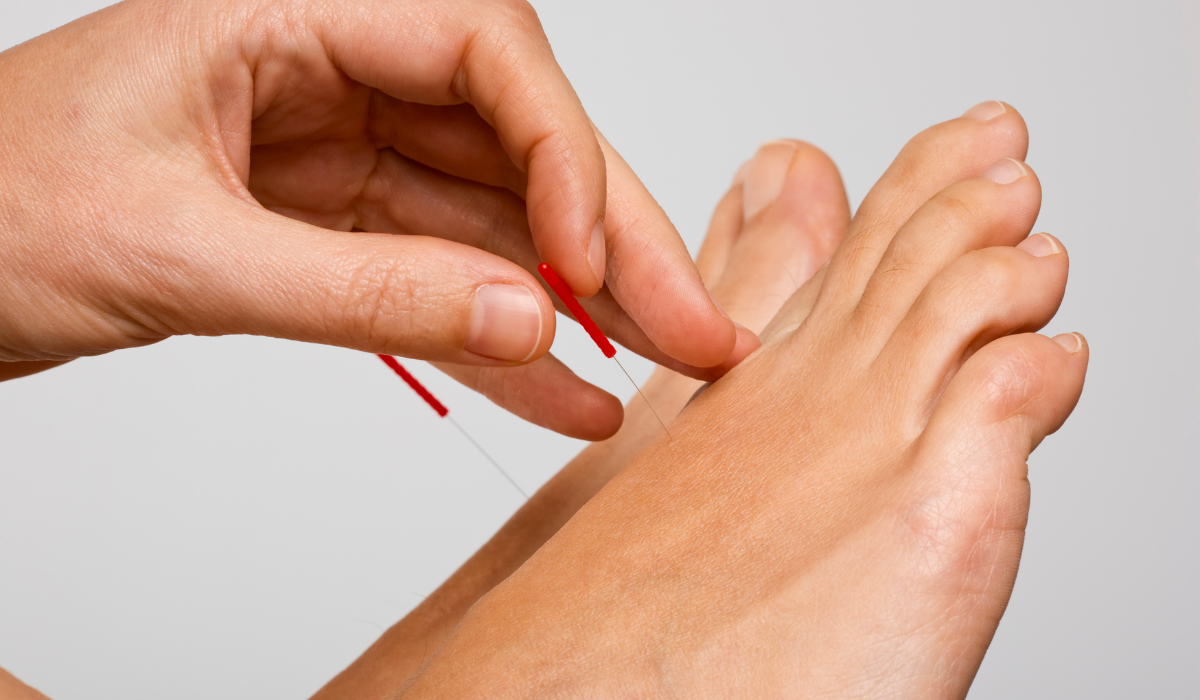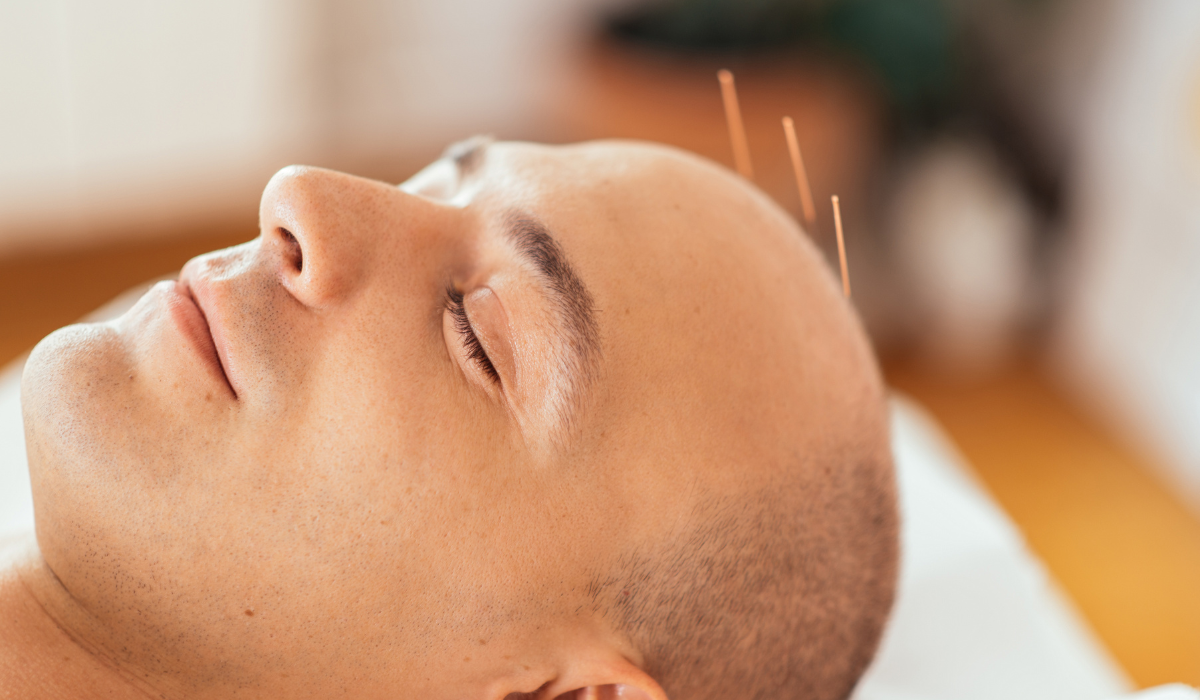Acupuncture has been gaining recognition as a complementary therapy for various reproductive health issues, including aiding in Intrauterine Insemination (IUI) treatment. IUI is a commonly used assisted reproductive technology that involves the placement of sperm directly into the uterus, increasing the chances of pregnancy. Acupuncture, an ancient Chinese practice, involves the insertion of thin needles into specific points on the body to promote overall well-being and address specific conditions. When combined with IUI treatment, acupuncture can offer several benefits such as enhancing the success rate of the procedure, reducing stress and anxiety, improving hormonal balance, and promoting better blood flow to the reproductive organs. With its holistic approach, acupuncture may provide valuable support to individuals undergoing IUI treatment by optimizing their overall fertility and increasing the likelihood of achieving a successful pregnancy.

How long does the entire IUI treatment process take?
The entire Intrauterine Insemination (IUI) treatment process typically takes around two to four weeks. It starts with a thorough evaluation of both partners’ health and fertility, including hormone tests and semen analysis. Then, the woman may undergo ovarian stimulation using medications to promote the growth of multiple eggs in her ovaries. Regular monitoring through ultrasounds and blood tests is required during this phase. Once the eggs are mature, the actual IUI procedure is performed, which involves placing washed sperm directly into the uterus. After the procedure, there is usually a waiting period of about two weeks to determine if pregnancy has occurred. If successful, further monitoring and support are provided throughout the pregnancy.

What are the potential risks and side effects of the IUI procedure?
The potential risks and side effects of the intrauterine insemination (IUI) procedure include discomfort or pain during the insertion of the catheter, cramping or spotting after the procedure, and a small chance of infection. In rare cases, there may be an allergic reaction to the medications used for ovulation induction. There is also a risk of multiple pregnancies, particularly if fertility medications are used, which can increase the chances of complications such as preterm labor and low birth weight. It is essential for individuals undergoing IUI to understand these potential risks and discuss them with their healthcare provider before proceeding with the procedure.
Are there any specific lifestyle changes or precautions that need to be taken during the IUI treatment?
During the IUI (Intrauterine Insemination) treatment, there are certain lifestyle changes and precautions that individuals may need to consider. It is advised to maintain a healthy lifestyle by engaging in regular exercise, consuming a well-balanced diet, and avoiding excessive alcohol consumption and tobacco use. It is also recommended to manage stress levels effectively through relaxation techniques or counseling. Additionally, it is essential to follow the prescribed medications and instructions provided by the healthcare professional, attend all scheduled appointments, and abstain from sexual intercourse or use contraception as advised during the treatment period. Consulting with a healthcare provider is crucial to receive personalized guidance and ensure optimal chances of success.
What is the success rate of IUI treatment?
The success rate of IUI (Intrauterine Insemination) treatment varies depending on various factors such as the age of the woman, the cause of infertility, the quality of sperm used, and the number of cycles undergone. On average, the success rate ranges from 10% to 20% per cycle, with higher rates for younger women and those without significant fertility issues. However, after multiple cycles, the cumulative success rate can increase up to 80% over a period of 6-12 months. It is essential to consult with a fertility specialist to assess individual circumstances and determine the best course of action.
How many cycles of IUI treatment are typically recommended before considering other options?

The number of cycles of IUI (intrauterine insemination) treatment recommended before considering other options may vary depending on individual circumstances. Generally, it is common for couples or individuals to undergo 3 to 6 cycles of IUI before exploring alternative options such as in vitro fertilization (IVF) or discussing further investigations with their doctor. The iui treatment decision to move on to other treatments is often influenced by factors such as age, underlying fertility issues, success rates, and the preferences of the couple or individual involved. Ultimately, the recommended number of IUI cycles can be determined through consultation with a fertility specialist who can provide personalized guidance based on specific circumstances.

Can IUI treatment be used for both male infertility and female infertility?
Yes, IUI (Intrauterine Insemination) treatment can be used for both male infertility and female infertility. In cases of male infertility, IUI can be used as a method to bypass issues with sperm quality or motility by directly placing the sperm in the uterus, increasing the chances of fertilization. For female infertility, IUI can help by introducing prepared sperm into the uterus during the time of ovulation, increasing the probability of sperm reaching the fallopian tubes and fertilizing the egg. However, it is essential to note that the suitability of IUI as a treatment option may vary depending on the specific cause of infertility for each individual.
Are there any age restrictions or limitations for undergoing IUI treatment?
There are no specific age restrictions for undergoing intrauterine insemination (IUI) treatment. However, various factors such as a woman’s overall health, fertility status, and personal circumstances may influence the decision to proceed with IUI. Generally, women who are of reproductive age and have a good ovarian reserve are considered suitable candidates for IUI. It is important for individuals considering IUI to consult with a fertility specialist who can evaluate their specific situation and provide guidance on the best course of action.

What are the costs associated with IUI treatment and are there any insurance coverage options available?

The costs associated with IUI (Intrauterine Insemination) treatment can vary depending on factors such as the clinic, location, and specific medical needs. On average, the cost of one IUI cycle can range between $300 to $1,000. However, this may not include additional expenses like medications, ultrasounds, or lab work, which can add up to several hundred dollars. It is important to note that multiple cycles may be required for successful conception, further increasing the overall costs. As for insurance coverage, it varies greatly depending on the insurance provider and the specific plan. Some health insurance plans may offer partial or full coverage for IUI, while others may not cover it at all. It is recommended to contact the insurance provider to inquire about any potential coverage options and understand the associated costs beforehand.
Exploring the Efficacy of Acupuncture in Combination with IUI Treatment: A Promising Approach
In conclusion, acupuncture and IUI treatment have shown promising results in improving fertility outcomes for couples. Acupuncture has been found to enhance the success rates of IUI by reducing stress levels, promoting relaxation, and increasing blood flow to the reproductive organs. By targeting specific acupuncture points, it can also regulate hormonal imbalances and improve overall reproductive health. Additionally, acupuncture may help minimize the side effects of medications used during IUI and increase the chances of successful implantation. However, further research is needed to fully understand the mechanisms behind the positive effects of acupuncture on IUI outcomes. Nonetheless, incorporating acupuncture alongside IUI treatment can be a valuable addition to enhance the chances of conception and should be considered as part of a comprehensive fertility plan.
